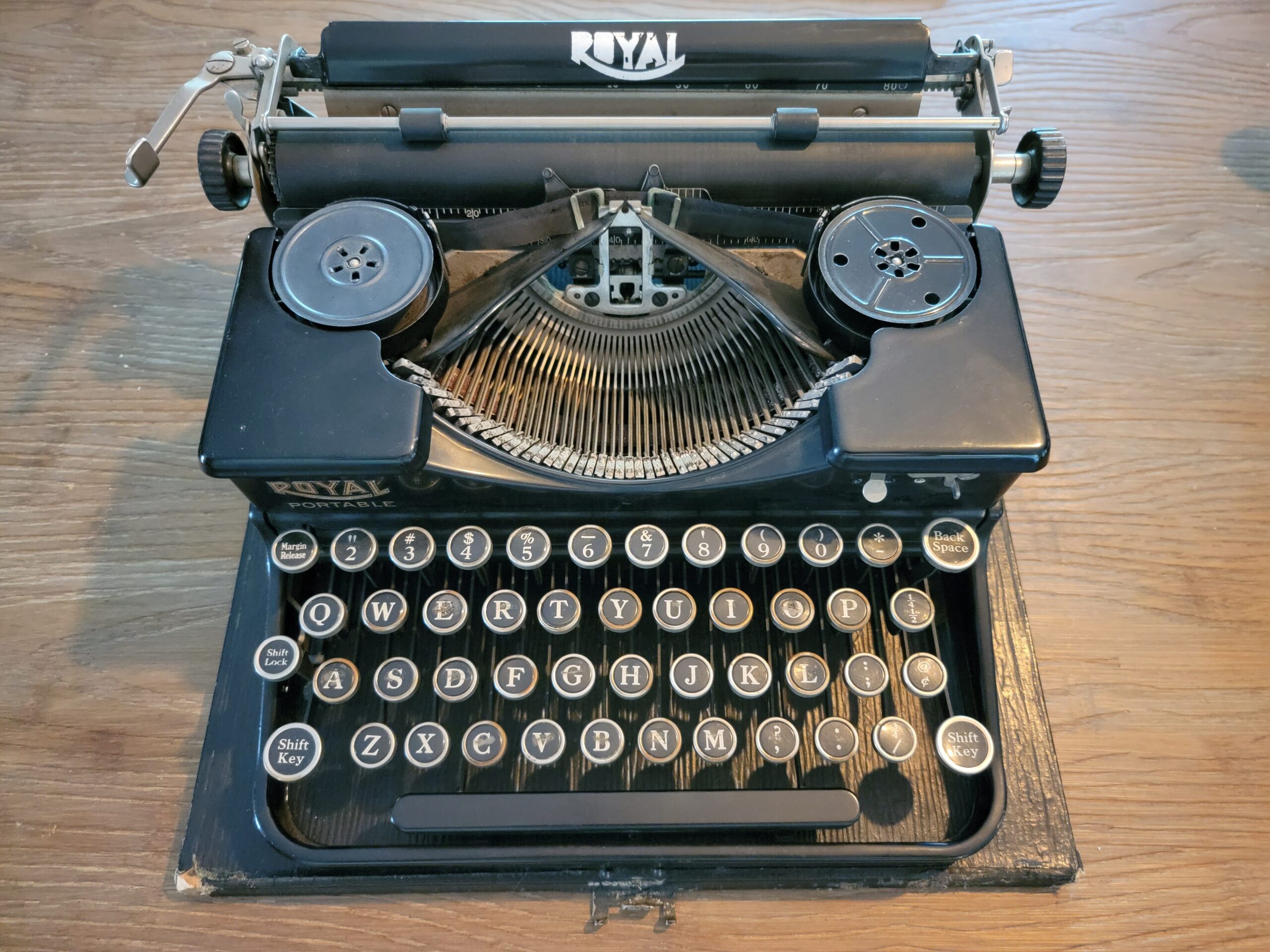Even the most seasoned writers have blind spots, especially in familiar topics. Gaps in our knowledge are unavoidable. So, research isn’t just for seeking credibility to shoulder the burden of proof for your ideas. It shouldn’t be about finding interesting filler in order to reach a certain word count. Research shouldn’t just be scaffolding. It should serve as sustenance for your own edification, feeding you as the writer as much as it informs the reader.
Sometimes expertise means knowing when to question what you think you know. Whenever we write, we must first ask ourselves: what question still lingers for me that no one else has yet dared to answer? Chances are, if you’re curious enough, someone else is too. If they’re not yet, they will be, thanks to you.
Research can be the most painstaking and stressful part of the writing process, especially when writing on topics outside your comfort zone. But don’t think of research as just a means to a specific end. Instead, see it as a source of intellectual sustenance and enlightenment, like a stream you can return to with an empty cup and leave consistently quenched. Still, if what you’re researching seems too mundane, then you aren’t looking in the right places. Or perhaps, it’s a topic waiting for a better angle, or even a different writer.
We shouldn’t regard research as a chore, but as the most rewarding part of the writing process. What you find today may become tomorrow’s lifeline. This is why I take notes on everything I read, watch, and investigate; on a regular basis, I find connections between seemingly entirely different fields exploring similar, adjacent concepts.
Don’t take for granted the incredible treasure trove of information and analysis you have at your fingertips. Your used bookstores, your local library, or the ever-deepening wells of the internet provide a foundation for researching anything your heart (or employer) desires. Your research isn’t just for another assignment. It should also enrich your mind and nourish your soul. Step back and learn to enjoy the process of discovery. Each discovery doesn’t just sharpen our writing; it reshapes the way we understand the world.
Even in the most rigorous academic curriculum, you will only scratch the surface of the scientific breakthroughs and cultural milestones that shape our everyday lives. In my own personal studies, I’ve discovered many hidden tunnel systems connecting seemingly disparate spheres of knowledge, many that academia has tried, unsuccessfully, to seal off from one another. I consider myself a detective of hidden knowledge, an inquirer with unusual questions, attempting to solve the mysteries that plague both my waking and resting hours. Constant and mindful research is the only treatment for these mental burdens.
So, my fellow creative creatures, consider the act of research not as a tedious chore, but as an opportunity for personal growth. Don’t simply seek facts to support your current arguments or theories; let the very process of your explorations take you where they will. Let your research serve as a catalyst for intellectual awakening, inspiring you to delve deeper into the mysteries that puzzle you most. Whether we gather our knowledge from weathered pages of antique tomes, the shimmering screens of modern technology, and every medium in between, the keys to unlock the mysteries of our universe are there for us to find.
To be a great artist—engineer, musician, painter, poet, scribe—you must be more than a bystander of history. As a curator, explorer, and curious creature, you must make yourself an active participant in its shaping. You don’t know today how your notes may inspire the future journeys of those yet to be born into this world.
~ Amelia Desertsong
